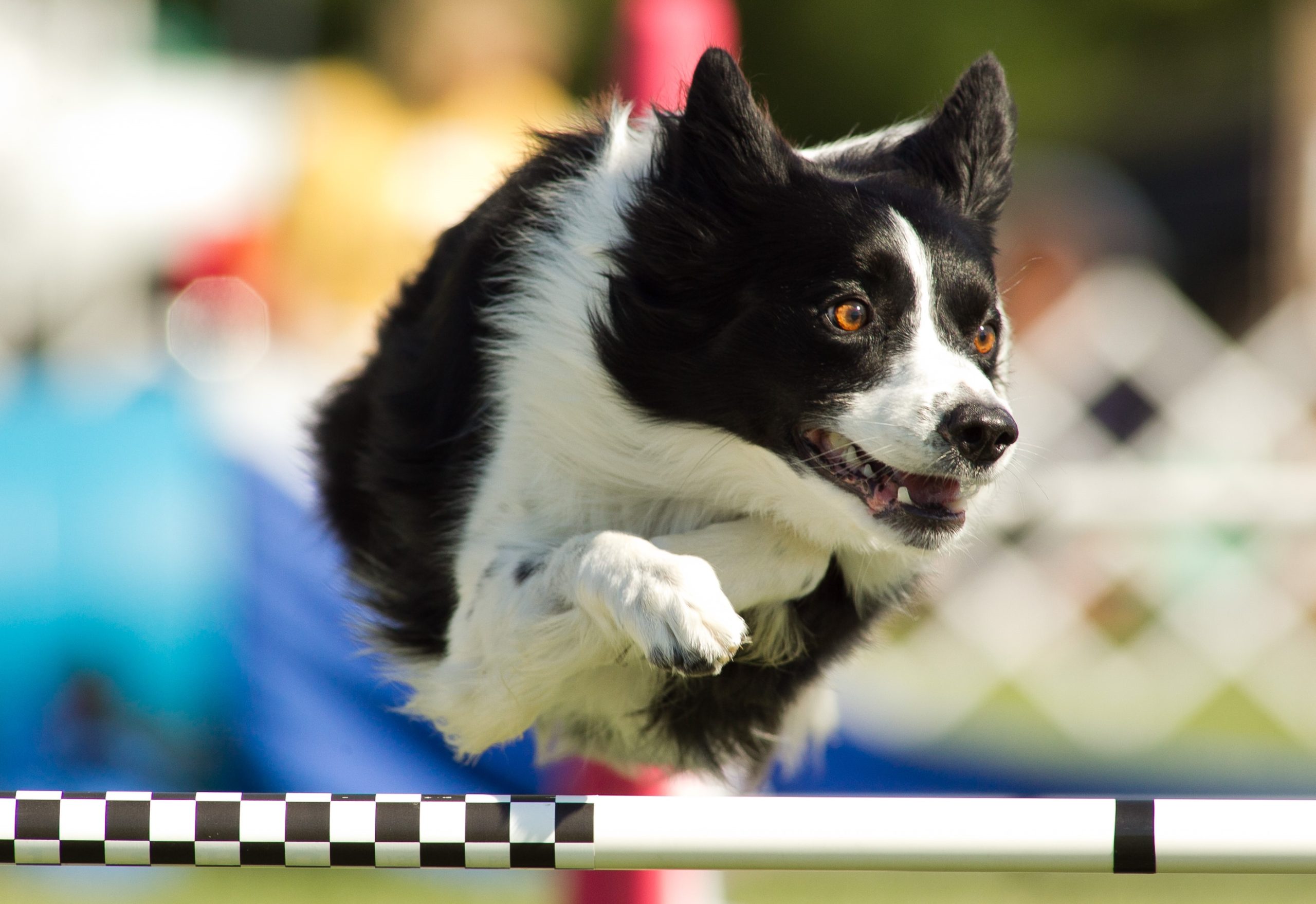
Copyright by Great Dane Photos
Preparing for competitive sports
I’ve been involved in competitive sports my entire life. My Dad (John Gagliardi) is the all-time winningest college football coach. Mental management, positive training, proper preparation, and adjustments to handling (in football it was called execution) was an important part of how he coached. I had the advantage of listening to many inspiring talks he gave to his players and fans and discussions we had as a family.
I competed in many sports over the years. During that time, I developed my own training process for each sport. This included mental and skill preparation, assessments and adjustments in my execution depending on developments during the game. It’s much easier competing on a team with other humans than it is competing with dogs because of the common language. Competing with dogs is trickier because the way dogs communicate with us is so different.
Preparing myself for dog sports competition is the same as it was for other sports. Performance is improved by adding skills, mechanics, and processes based on my assessment and evaluation from competitions.
It’s slightly different for dog sports competitions
When a canine partner is added into the mix, there is additional preparation. The needed dog skills must be determined, trained, and then evaluated. Handling for my canine partner is determined, planned, trained and constantly evaluated by video from training and from competition. My mental management and my dog’s emotional state is tested, evaluated and adjusted.
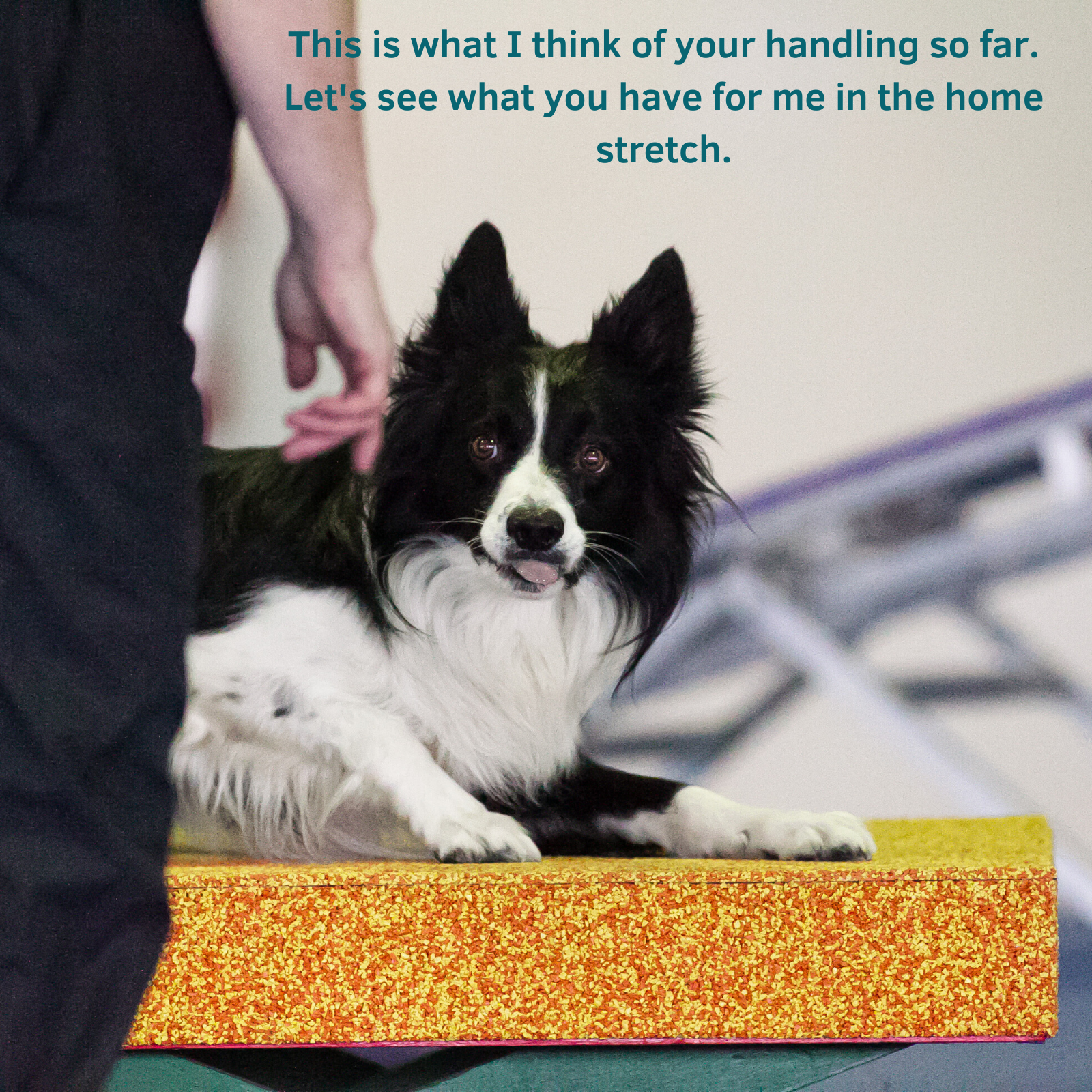
Preparing a dog for competition, varies a lot depending on the personality of that dog. It’s much like coaching humans. To be an effective coach, you have to determine the best way to communicate with that person. That form of communications will differ between individuals and even though humans have the same spoken language, it’s important to use explanations and definitions that make sense. Maintaining focus, enthusiasm, and the ability to continue to put out effort is critical in coaching people. A coach inspires their players or students to want to continue playing. A coach also finds ways to help players or students to repeat and practice skill execution or mechanics – even when there are mistakes in that execution. A plan must be in place to practice proper mechanics during the training or practice session. Mistakes should be minimized during practice sessions so the student or player can execute perfect mechanics away from the pressure of the game or competition (many more distractions).
As a dog trainer, it becomes more complicated because of the language barrier. Dogs don’t speak our language. We must teach them what is required for the performance in competition. That includes various signals, verbal cues, and environmental cues that indicate that the behavior should be execute. To top it off, as a handler, we must learn to handle the performance so that the cues are given in a timely manner so the individual dog can process and execute.
Getting into a zone
Successful handlers and competitors make it look easy. They execute their skills without thought by being in a zone. How does that handler get into a zone? Being in that state of mind is a reflection of confidence in skills, confidence in the ability to adjust or adapt to unexpected performance responses or challenges, knowledge of strengths and weaknesses, preparation of skills and mental management or emotions, and understanding the rules, procedures, and processes of the game/event/trial, and being a student of that game.
One of the most important skills in handling of any sport is to have confidence in yourself. Easier said than done, right? How does a person become more confident? They key is to put yourself out there.
- Learn how to make mistakes in public.
- Video tape all your training sessions and review them.
- Take online classes in a working spot role instead of as an auditor or observer.
- Learn more about your sport (handling, regulations, organizations).
- Volunteer at trials in your sport. Be the person that you would like to meet if you were competing.
- Put your dog first. Focus first on the dog and make him/her feel special the entire time you are training or competing. Never turn your back on your dog. Always know where s/he is.
- Never enter a trial for any other reason except your dog and you are ready. Do not enter a trial because entries are low, to support the club, or to see what happens. You must feel confident. Then your dog will feel that confidence. This doesn’t mean that mistakes won’t happen – because mistakes happen to the best teams.
- Your dog should feel like that ring is GOLDEN! Never leave the ring unhappy. Leave the ring with joy and review your video and make plans for future training.
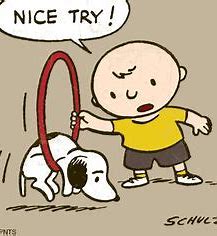 Some handlers feel like they lose their dogs as soon as they step into the ring. What generally happens is that the human part of the team has lost confidence even before stepping into the ring. Most of the issues transitioning into the ring at trials are caused by the human part of the team – lack of confidence, environment distractions, and internal negative emotions. If the human part of the team is not in a good state of mind, it’s not fair to ask the dog to pick up the slack. We are their coach. We should inspire them.
Some handlers feel like they lose their dogs as soon as they step into the ring. What generally happens is that the human part of the team has lost confidence even before stepping into the ring. Most of the issues transitioning into the ring at trials are caused by the human part of the team – lack of confidence, environment distractions, and internal negative emotions. If the human part of the team is not in a good state of mind, it’s not fair to ask the dog to pick up the slack. We are their coach. We should inspire them.
Watch the best dog and handler teams in your sport. Watch them during their flawless performances but also pay attention to how they handle mistakes. Some of my favorite teams inspire me MORE when things do not go as planned. Adjustments are made and increased focus and attention is turned towards the dog to ensure s/he knows that there is a very strong connection.
If you or your dog has confidence issues at trials, take a long look at how you are handling your dog’s skills training. And also, put effort into your own skills training. How do you handle your emotions when a mistake happens? Take an honest look at the list I included above and see if there are areas you can improve.
Want to improve your handling in heeling?
And if your sport is rally or obedience and you would like to further your handling skills in the area of heeling, I am offering a class that can help you learn confident handling that can be added to your dog’s heeling. Registration opened on November 22nd and the class will start on December 1st. Click here for registration information, a description, a sample lecture, and testimonials. This is a very popular class that is offered once a year.
https://www.fenzidogsportsacademy.com/index.php/courses/5554
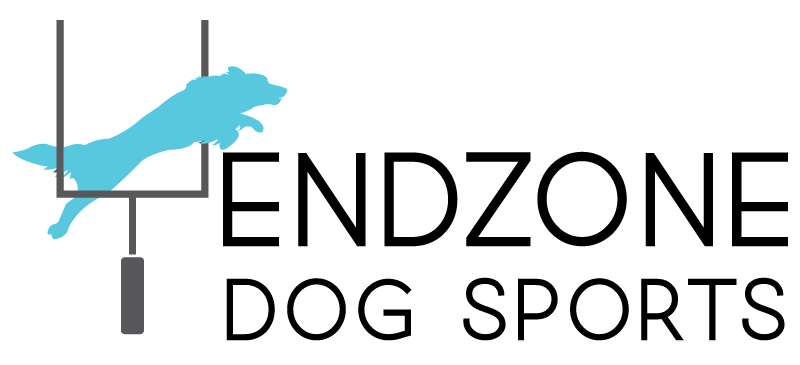
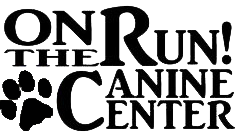
0 Comments